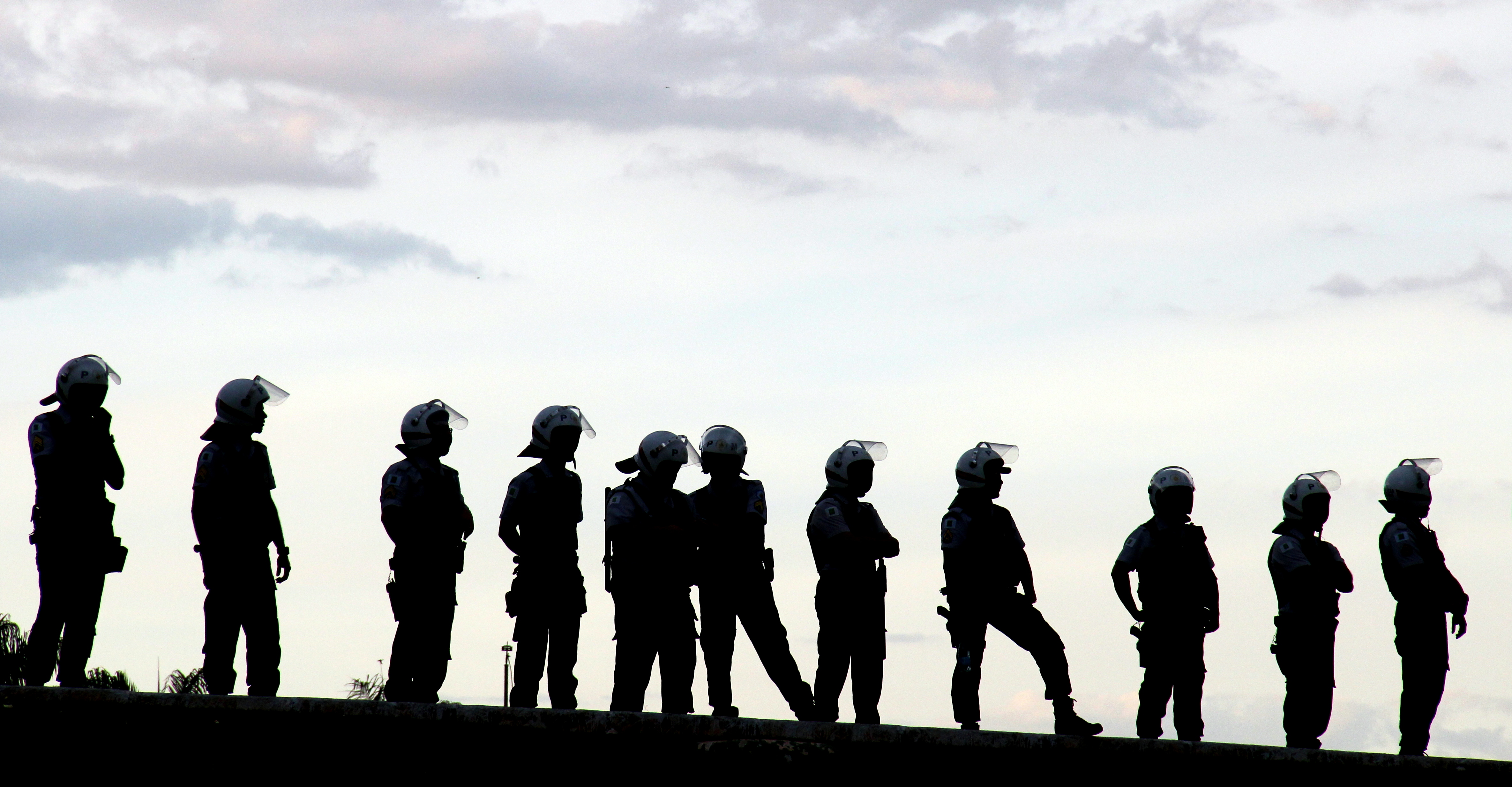The definition of “police” is, according to Merriam-Webster, “to supervise the operation, execution, or administration of to prevent or detect and prosecute violations of rules and regulations.” The ambiguity of this definition allows the act of policing to be transformative, and therefore have the ability to operate on both the micro- and macro-level in several various forms. Actions can be policed and less often, ideologies can be policed. As individuals can be policed, communities can be policed. Despite the variation in types of policing, there must be one constant which validates it: Violation of rule or regulation.
This single qualification is missing in several–and frankly, far too many–incidents involving African American individuals and communities. Black bodies and black neighborhoods have been historically and systematically subjected to a disproportionate level of policing, thanks in large part to how racial profiling has manipulated seemingly objective or fair laws and practices into tools of racism.
Stop-and-Frisk, a tactic ruled unconstitutional in a federal court in regards to the New York Police Department’s implementation, is perhaps the clearest example of how the police duty to “protect and serve” by way of enforcing rules and regulations has been compromised by personal and systemic biases.
The root of these biases is both historical and contemporary in origin and context. From the release of the 1915 “Birth of A Nation,” to the FBI’s war on the Black Panther party, to the murder of Michael Brown in Ferguson, Missouri, the image of the black man has been dramatized as dangerous, satanic, and inherently violent. This dramatization has allowed white supremacy to manipulate the image of the black man wherever it reigns–which, in America, is in every facet of daily life and every corner of government–into a figure that is not in need of protection, but rather needs to be protected from. The image of blackness has been so frequently demonized, it’s been criminalized.
So, while we justifiably feel compelled to protest the violation of our civil rights, we miss one crucial point: The police are not failing to protect or to serve. They are doing both, and doing both well. The question is not whether or not police are upholding their commitment to protect and serve. Instead, we must ask: Who are they protecting? Who they are serving? Rather than police failing to fulfill their roles in communities, our problem is the underlying implications of this role. Our problem is that they are protecting and serving from us.
When your body has been demonized to the point of criminalization, defending the community means ridding that space of you. They are guarding White America from the bodies, cultures, and manifestation of its marginalized neighbors. They are protecting and serving white supremacy, just like nearly any other function of government.
And just like nearly every other function of government, “protect and serve” cannot fail those it was designed against.
This essay was the winner of Howard University’s “Committed to Breathing” essay contest, and originally appeared on creativeliberationblog.com.
